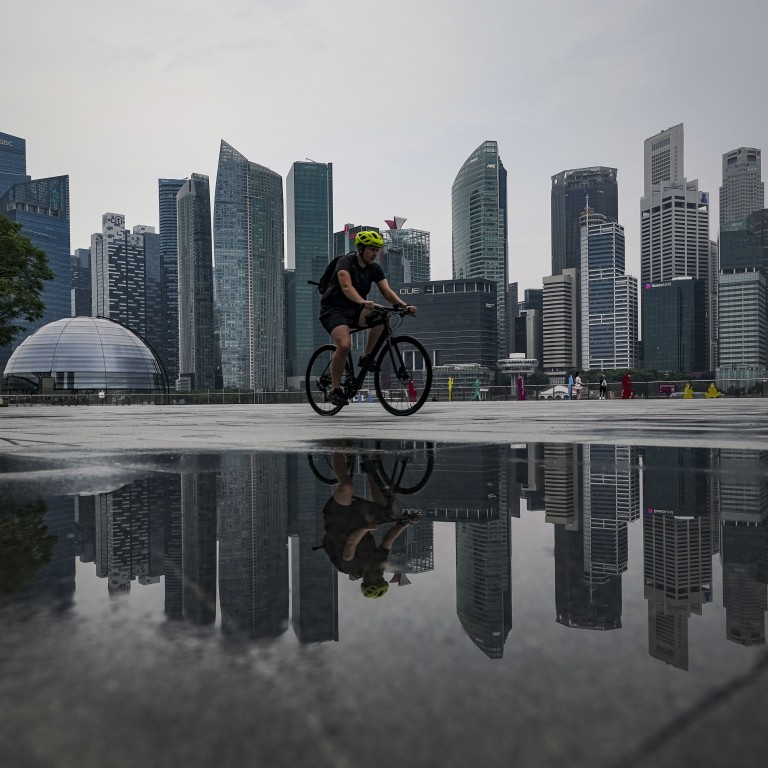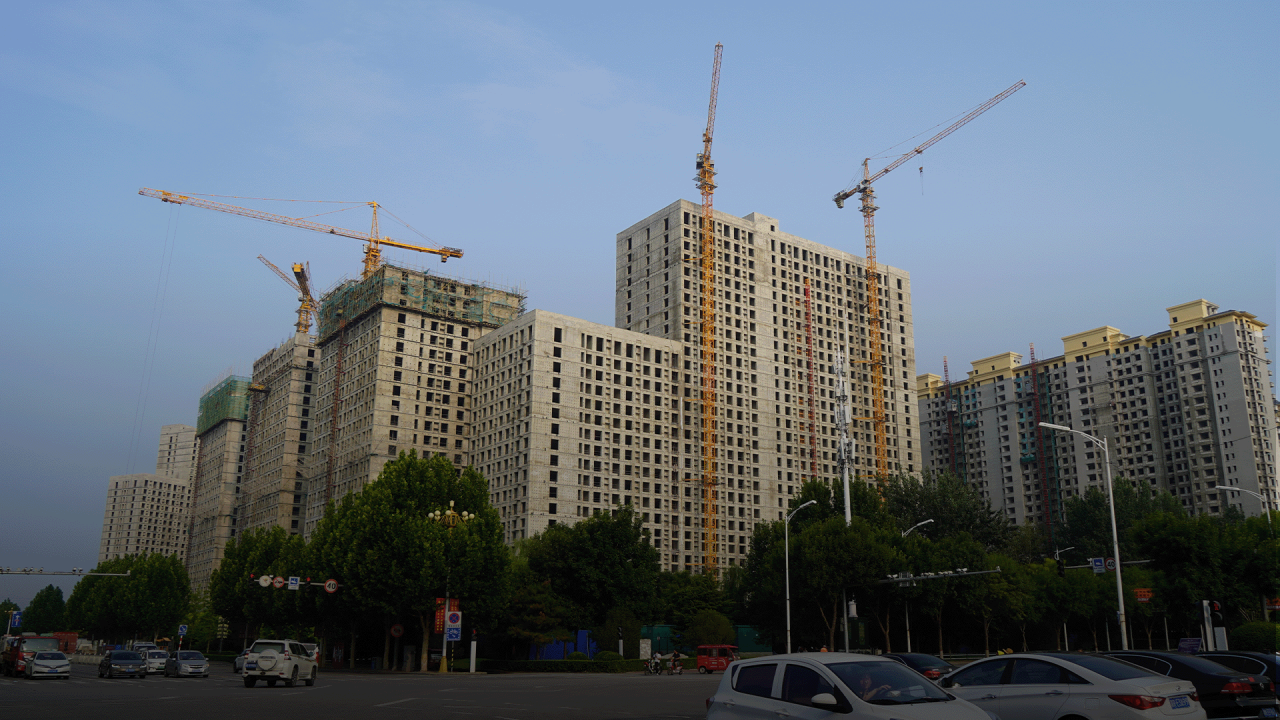
More Chinese enter Singapore property market, eyeing ‘politically stable’ and ‘well regulated’ environment for investments
- Wealthy Chinese buyers are looking to park their cash in luxury properties, and their Singapore purchases have risen despite mostly virtual tours during the pandemic
- Singapore’s reputation as a Chinese ‘gateway’ city to other countries adds appeal, even as access to its property market comes at a much higher price for foreigners
Chinese nationals made up the largest number of non-resident homebuyers in Singapore in the second quarter of the year, as many found the Southeast Asian country to be more stable than its regional peers and worth the hefty tax on foreigners owning property.
Mainland Chinese bought 391 condominiums in Singapore last quarter, according to data compiled by Singapore-based real estate agency platform OrangeTee & Tie, up from 281 in the first quarter.
Purchases by Chinese citizens had hit a record of 467 in the second quarter of last year, followed by two more quarters over 400, before falling as the Omicron variant squelched inbound travel.
More high-net-worth Chinese are shopping for investment property, often newer luxury condominiums, according to Christine Sun, OrangeTee & Tie’s senior vice-president of research and analytics.
“Right now, what we are seeing is a lot of Chinese buyers are looking for luxury properties to park their money,” Sun said on Wednesday.
50 million empty flats – a ticking time bomb in China’s housing market
The country is “politically stable” and free of natural disasters, she added, with some Chinese already living there to study and do business.
Around a third of the city state’s nearly 6 million residents also speak Mandarin, while Chinese expatriates make up Singapore’s second-largest group, at 426,000 people, after Malaysians.
And compared with other parts of Southeast Asia, Singapore lacks “economic uncertainties”, real estate technology firm Juwai IQI said in a third-quarter 2022 outlook.
Juwai IQI co-founder and CEO Kashif Ansari called it “stable and well regulated”.
“They buy there to diversify their wealth, so they are less vulnerable to relative changes in exchange rates and [gross domestic product] growth,” Ansari said.
Singapore’s reputation as a Chinese “gateway” city to other countries also adds appeal, he added.
Chinese nationals had long been buying in the city state’s suburbs and living in their homes, Sun added.
She said shoppers have been able to view condominiums again in person since Singapore lifted coronavirus restrictions in April.
High-net-worth people have bought all along, based on floor plans and virtual property tours, Sun said, noting that the buyers have generally opted to stay in China during the pandemic to avoid a lengthy quarantine upon their return.
Singapore says stable US-China ties are crucial
A spurt of luxury homes built over the past year gives foreign buyers an ample selection among Singapore’s total volume of about 1.2 million condominiums, Sun said, with prices as high as S$3 million (US$2.17 million) per unit.
Around half the Chinese buyers live in their condominiums, with the rest owning purely to invest or to rent the units out, Sun said.
However, overseas buyers of real estate in Singapore are at a pricing disadvantage, being subjected to a 30 per cent stamp duty on residential purchases since January. They face “significant taxes and duties”, notes James MacDonald, head of Savills Research China.
Investments are often made to get approval for immigration or as part of a wealth-management portfolio, he added.
“Chinese nationals buying overseas tend to be relatively well-off – they either have children studying overseas, relatives or frequent business travel and dealings,” MacDonald said.
He also noted how some Chinese instead opt to buy holiday homes in Thailand and investment property in Vietnam.
Homes sold to foreign buyers from all countries numbered 1,172 in the most recent quarter, compared with 873 in the first three months of the year.
Units sold to Malaysians in the second quarter totalled 218, and Indian nationals bought 123.


